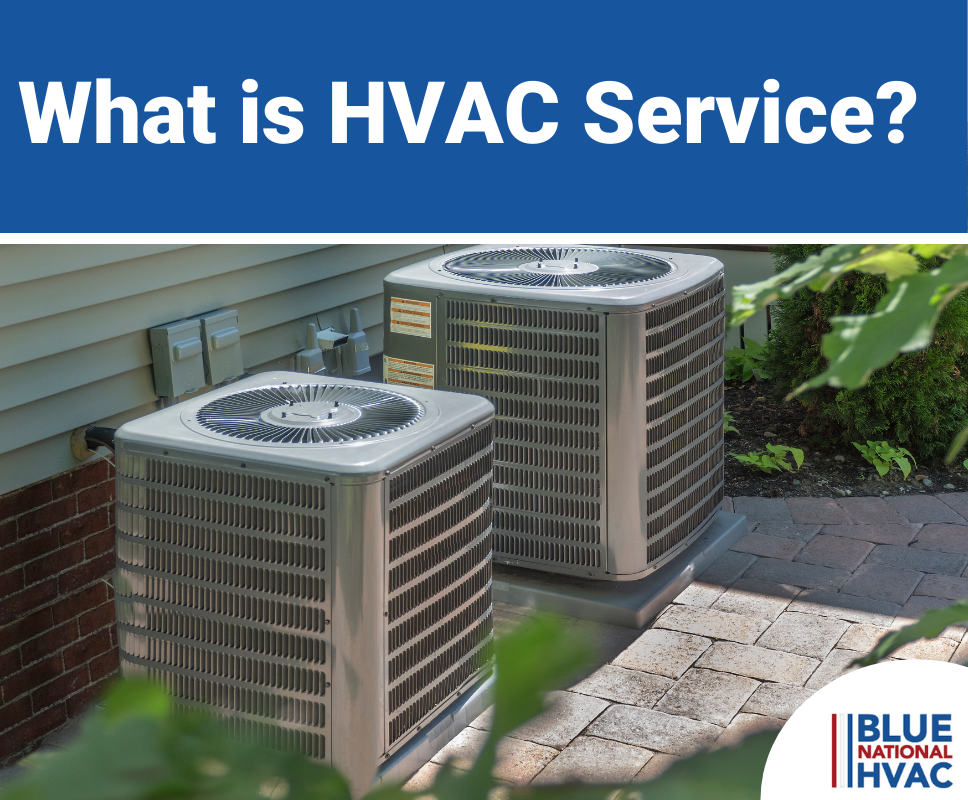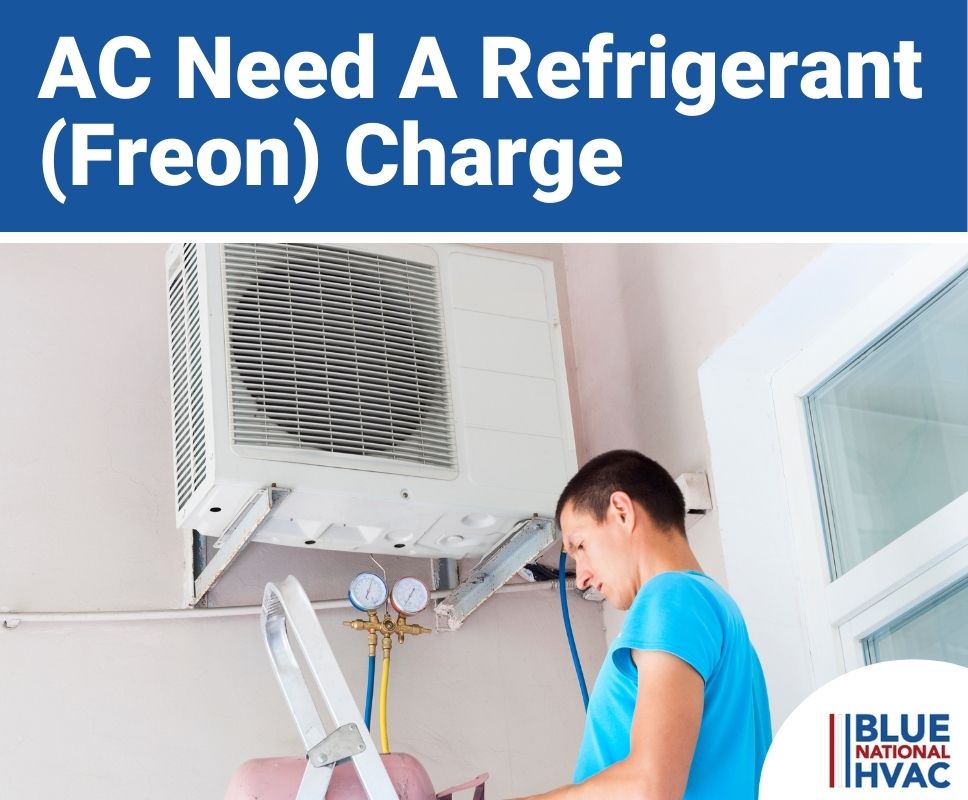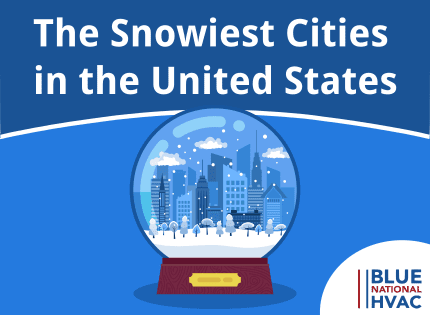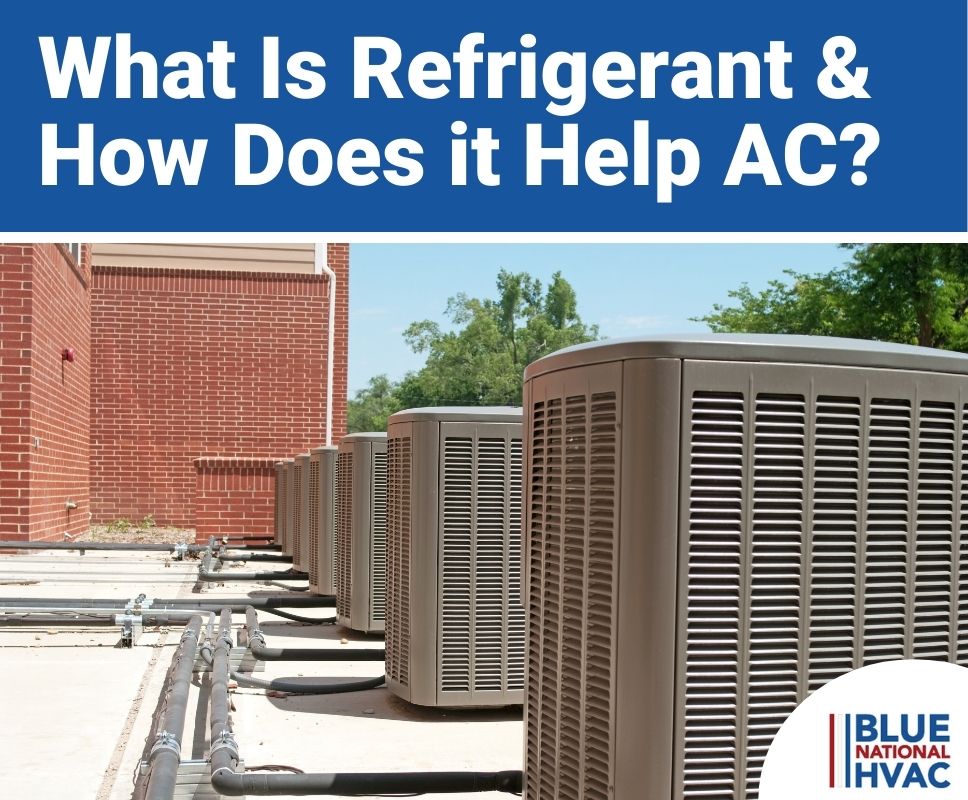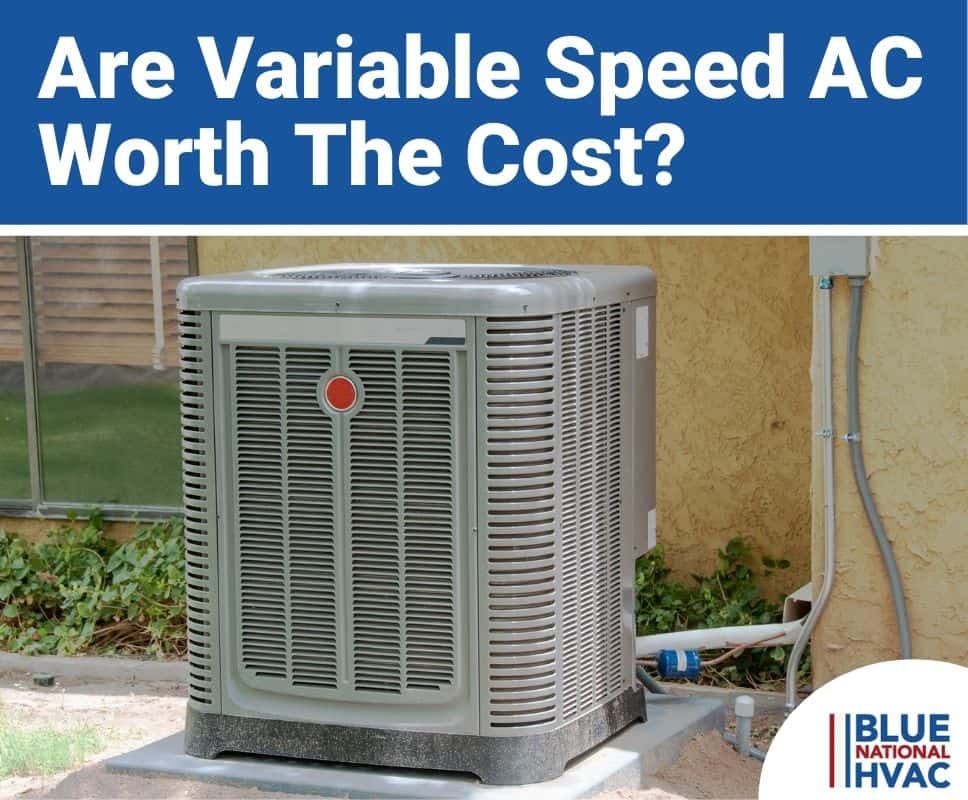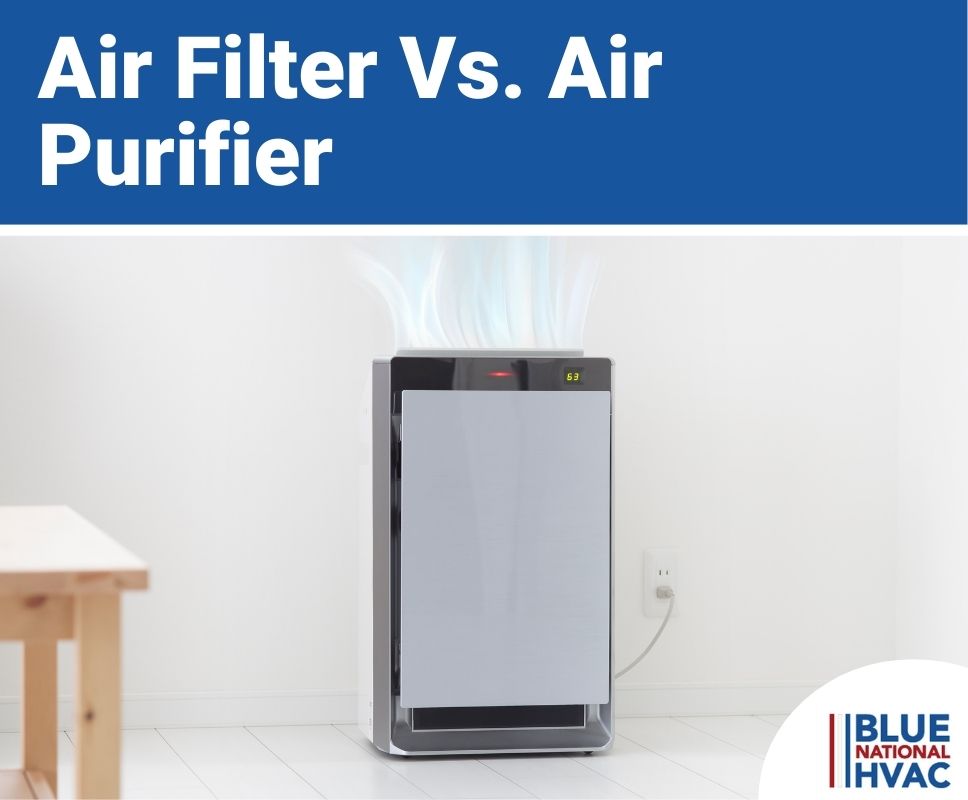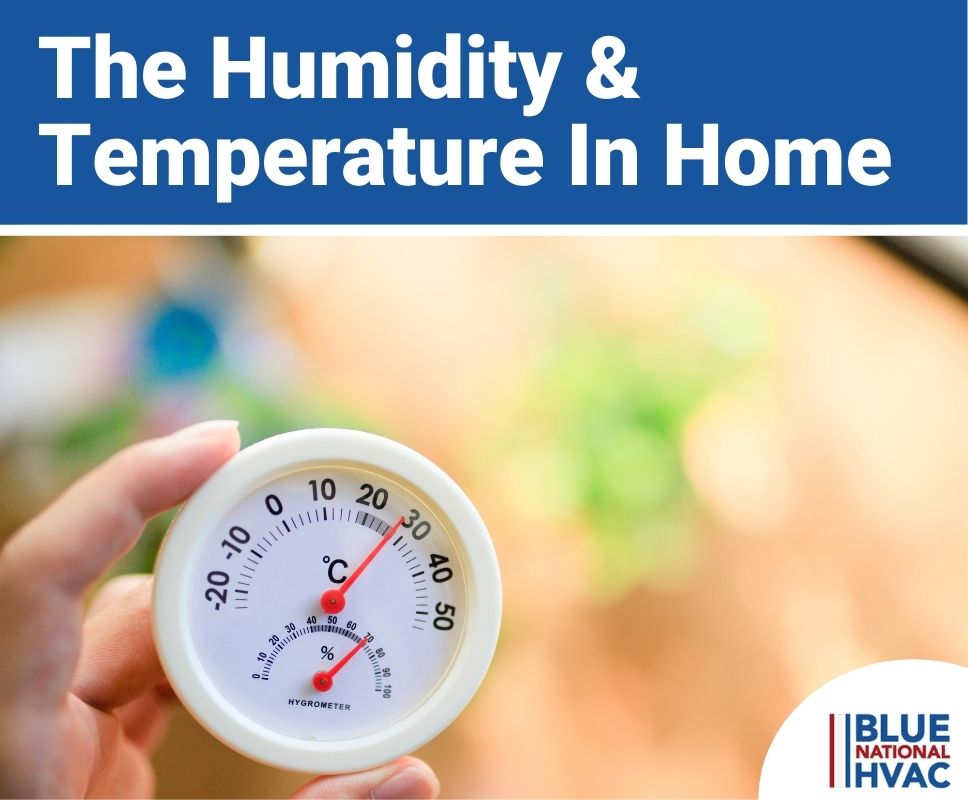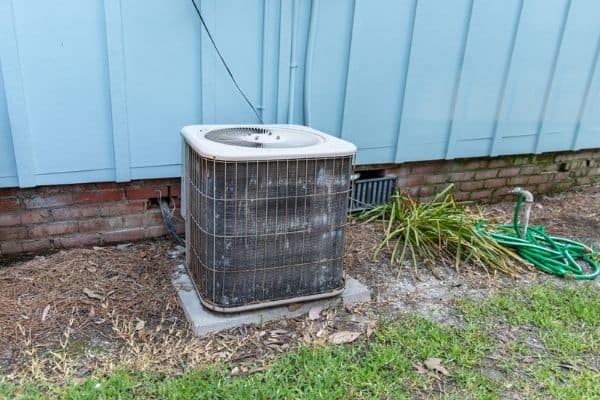What is HVAC Service and Maintenance?
HVAC stands for heating, ventilation, and air conditioning. HVAC service and maintenance includes all types of heating and cooling equipment – including air conditioners, furnaces, boilers, and heat pumps.
To function efficiently with minimal failures throughout their lifespan, all HVAC units need routine maintenance.
But, the type of service and maintenance required varies by the type of HVAC equipment in your home. In general, all kinds of HVAC systems need service at least once per year. However, in some areas with extreme heating or cooling demands, it might be best to service them twice annually.
If issues are discovered during your standard HVAC service, it might require some repairs. Below are some of the most common HVAC services and repairs our technicians deal with.
Air Conditioners
Service of an air conditioning service is best completed in the spring before the temperatures get hot enough to require its use. Excessive heat puts excessive strain on an air conditioning system, while the snow, ice, and frigid temperatures of winter expose the outdoor unit to additional stress. (Pro-tip: Use an air conditioner cover in the winter to protect your unit from wear and tear).
When an HVAC technician services your cooling system, they will thoroughly inspect both the indoor and outdoor unit. They will open up the condenser (outside unit) and check the compressor, condenser coils, fan, relay, capacitor, and other electrical components for proper function.
They will also check the refrigerant levels, repair any leaks, and recharge the AC system with new refrigerant if necessary. The HVAC technician will also check the air filter, evaporator coils, condensate drain pan, condensate drain line, and the blower on the indoor unit. Plus, they’ll inspect the ductwork for leaks and gaps and repair them to reduce efficiency loss.
An HVAC contractor should also check for proper thermostat control and adequate airflow in the home. All of these steps will ensure that your AC unit is ready to keep your home cool, even on the hottest days of the year.
Heat Pumps
The most common type of heat pumps are air-source heat pumps, and they operate almost identically to central air conditioners with one caveat – they can operate in reverse and heat your home as well.
Heat pumps and air conditioners both use the vapor compression refrigeration cycle as their basis of operation. As such, servicing an air-source heat pump is the same as servicing a central air conditioner.
One additional service on air-source heat pumps is checking the reversing valve for proper function.
Since air-source heat pumps function year-round, providing cooling in the summer and heating in the winter, most HVAC technicians recommend servicing heat pumps twice per year.
Natural Gas Furnaces
Yearly service of a natural gas furnace (and all heating units) is recommended to take place in early to mid Fall before it is needed at full operating capacity in the winter.
During a service visit on a gas furnace, the HVAC technician will inspect and test the following:
- Burner
- Heat exchanger
- Blower motor
- Check for adequate heat
- Look for proper flames
- Measure outlet gas pressure
- Measure airflow
- Test pressure switches
- Inspect the humidifier (if one the furnace includes one)
The technician will also inspect the flue draft to ensure the exhaust gas is properly venting. They will measure for carbon monoxide and gas with handheld detectors to ensure the furnace is not venting unwanted exhaust or leaks into the home. If they notice anything out of the ordinary, they will do additional troubleshooting.
Electric Furnace
Electric furnaces make heat in a very different way than natural gas furnaces do. Instead of combustion, they run electricity through a filament to produce heat. Therefore, most of the maintenance done on electric furnaces involves inspecting the heating elements, blower, and air filters.
Boilers
Boilers are a less common type of heating system and can be either heated by the combustion of gas or by electricity. In either case, your HVAC technician will inspect those elements much like they would with gas and electric furnaces. Additional service on boilers involves checking the system pressure, water temperature, and distribution of the heated water to the radiators around the home.
What’s an HVAC Service Plan?
An HVAC service plan is a flat rate contract offered by an HVAC company to service homeowners’ HVAC systems at set intervals. Generally, the service plans include two servicings, one in the spring and another in the fall, on the heating and air conditioning units.
Both of these scheduled service visits ensure that your HVAC equipment is getting checked at the proper intervals and the right time of year. In fact, many routine service visits can address and fix issues that would lead to complete and costly equipment failures later in the year if not addressed.
Monthly Homeowner HVAC Maintenance
If you own a home with an HVAC unit, you should get it serviced once a year. Instead of scheduling the service tune-up on a whim, a service contract can ensure you never miss the maintenance.
Homeowners should be on the lookout for potential problem indicators between the routine maintenance visits by a certified HVAC technician.
For furnaces, indications of problems include:
- Low or no airflow
- Cold air flowing out of supply vents
- Gas leak (smell of sulfur)
- Decreased ability to come your home warm
And for air conditioners, symptoms can range from:
- Water leaks
- Reduced airflow
- Noises like banging, clanking, screeching, hissing, etc
- No power
- Decrease ability to cool/heat your home
Additionally, between service visits, homeowners should check the air filter monthly and clean (or replace) it anytime it is saturated with visible dust. A clean air filter positively impacts indoor air quality and provides less resistance to airflow, boosting system efficiency and reducing your energy bills (and increasing your family’s respiratory health).
Blue National HVAC’s Service
At Blue National HVAC, all of our HVAC technicians are fully trained to repair and maintain all types of heating and cooling systems. No matter what type, brand, or model your system is, they know precisely how to repair and service it.
Whether you contact us for a one-time service call or a yearly service contract, you’ll always get the industry’s best service from our seasoned HVAC technicians.

